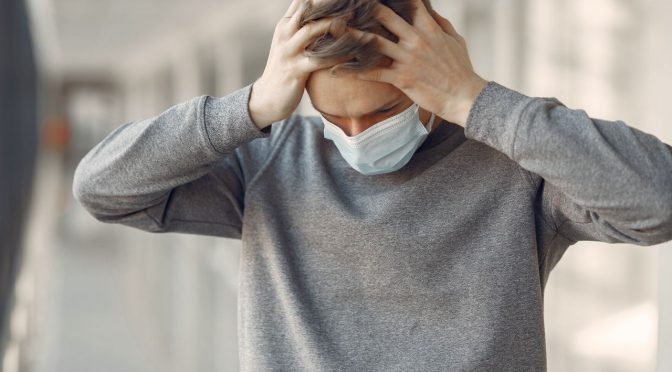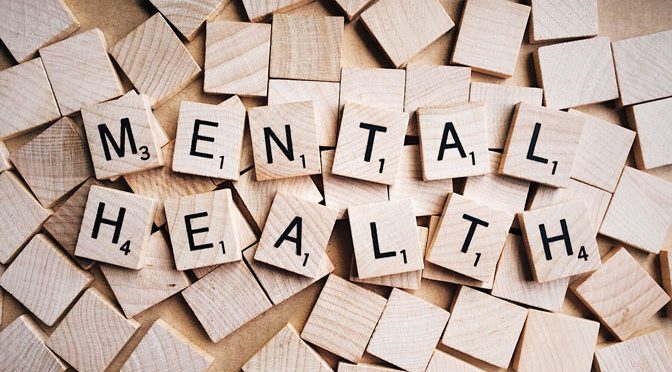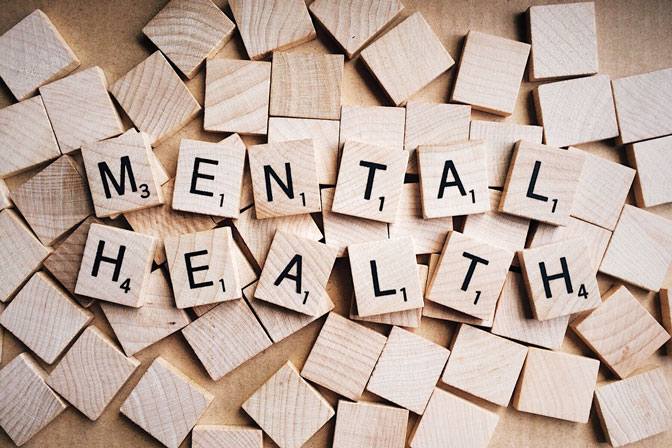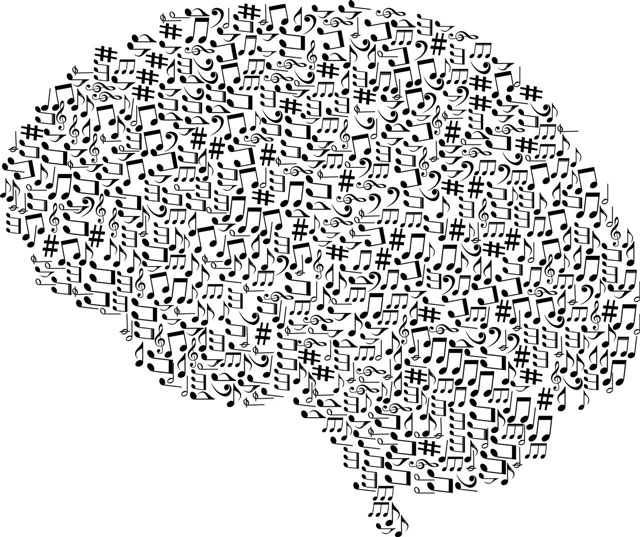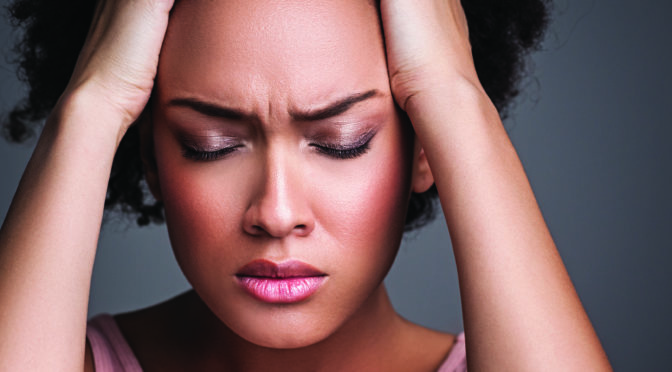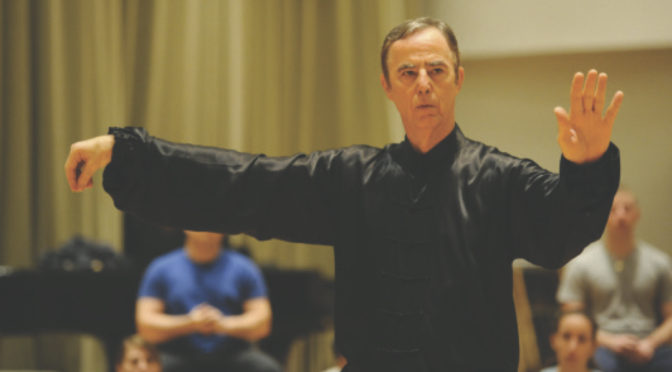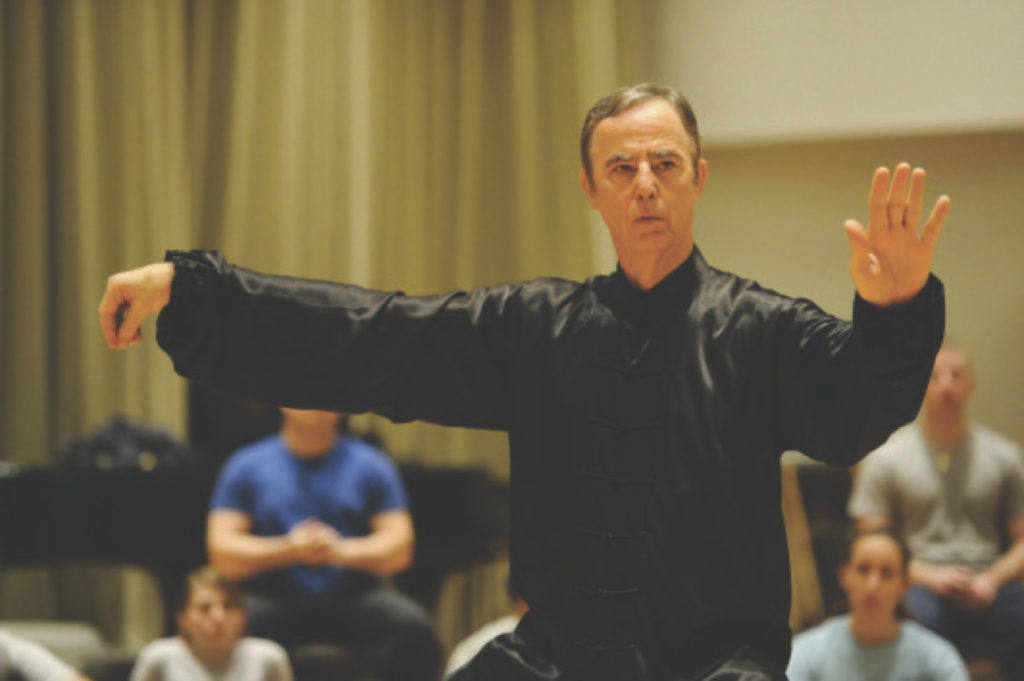
by Emily Agnew, Member of Local 66 (Rochester, NY)
In August 1987, the Honolulu Symphony went on strike. During our four months on the picket line, I experienced a level of stress like nothing I had ever felt before. Our union strike fund stipend of $100 a week was a lifeline. I pulled myself together and got a job waiting tables for the lunch shift at an upscale restaurant. But I suffered terrible stomach aches. I lived in a state of near-overwhelm all the time. Anything could push me over the edge: I still remember the sheer panic I felt when my Plymouth Valiant overheated in rush-hour traffic.
Stressful as that strike was, it was a minor event compared to the challenge thousands of musicians are dealing with now due to COVID-19. Back then, I could just buy a new water pump for my car; restaurants were open for business. I felt scared to death about money, but the word “death” was a figure of speech, not the literal danger we face now from this virus. And most importantly, I wasn’t homebound or isolated. I could see friends, and I met with my fellow HSO musicians every week to eat the Portuguese bean soup that union president Milton Carter cooked for us.
Stress has two elements: an external stimulus, and our response to that stimulus. I’d like to talk about the response part of that equation, and specifically, the way your temperament affects your response to stress. The information I’ll share here won’t pay the mortgage, make your roommate less irritating, or flatten the curve. But it will help you to meet those challenges in a calmer, more effective way as the world works to get COVID-19 under control.
Temperament: Understanding How 20% of Us are Different, and What That Means
In 1992, a psychologist in California, Dr. Elaine Aron, identified a temperament trait she had observed in many of her clients. She called it “Sensory Processing Sensitivity,” popularly referred to as “High Sensitivity.” I learned about the trait eight years later from a psychology magazine. Glancing at the bulleted list in the page sidebar, I read an eerily accurate description of myself. “Needs 8-10 hours of sleep to function well.” Check. “Sensitive to bright lights, loud sounds, harsh fabrics, or strong smells.” Check. “Needs to recharge alone in a quiet room.” Check. “Gets rattled when rushed or required to do multiple things at once.” Check. No doubt about it: I was one of these “highly sensitive” types the article described.
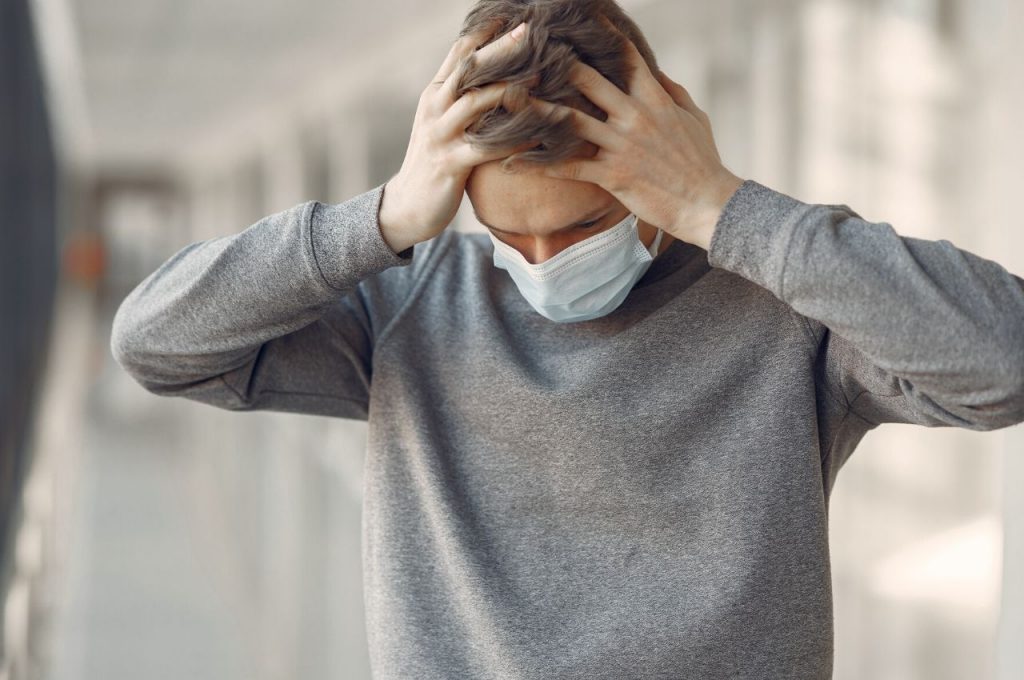
In the years since Dr. Aron published The Highly Sensitive Person, her first book about the trait, dozens of studies have given us more information about it. High sensitivity is in fact an inherited trait, found inabout one in five men and women around the world. It is not a syndrome or a pathology. Rather, it is a functional evolutionary response to new situations, characterized by a “wait, watch, then act” approach.
All highly sensitive people—HSPs for short—share the fundamental neurobiological characteristic of the trait: pronounced deep processing ability. HSPs are sensitive to subtlety, taking in more information from our environment. And we are keenly empathetic, feelingour own and others’ emotions more intensely than people who are not highly sensitive. In some ways, our trait makes us ideally suited for a music career, and many musicians are highly sensitive. However, all our noticing, feeling, and processing also contributes to HSPs’ biggest challenge: we get overaroused more easily than the other 80% of people.
Being Highly Sensitive During a Pandemic
Our vulnerability to overarousal is even more pronounced during an intensely stressful time like this one. Faced with the multiple complex implications of the pandemic and the overwhelming number of unknowns, our deep-processing minds can easily go into overwhelm. When a highly sensitive person gets exhausted or overaroused, or both, we lose connection with our natural empathy. At best, we feel miserably stressed. At worst, we shut down, act out, or even blow up.
If you are highly sensitive, you need to know how to take care of yourself to avoid overarousal. It takes skill to regulate your intense emotions. Ideally, you’d learn that skill as a child. But for those of us who didn’t, it’s never too late. (That’s the kind of work I do with sensitive clients using a process called Focusing.) And for those of you who aren’t highly sensitive, the odds are high that you live with, work with, or hang out with sensitive people. You can support the HSPs in your life by better understanding their trait.
Five Ways to Lower Stress and Overarousal
During this pandemic, each of us faces a unique configuration of challenges. Some people are in better shape financially than others, but no musician is unaffected by the pandemic. Highly sensitive or not, we all need practical, effective ways to keep our heads on straight in these extremely difficult conditions. These five steps can help anyone lower their stress, and are particularly important for sensitive people:
1. Learn more about the HSP trait. The better you understand it, the more effectively you can take care of yourself and/or support the HSPs in your life. Elaine Aron’s website (https://hsperson.com) has extensive research documentation and many articles about all aspects of sensitivity, and a self-test you can take to determine if you are highly sensitive.
2. Acknowledge your external stressors and calculate your stress level. If you need stronger motivation to take care of yourself, use the Holmes-Rahe Life Stress Inventory to compute the total point value of recent external events in your life. Holmes and Rahe demonstrated the dramatic effect of stress on health, finding that when your point total exceeds 150 on the inventory, your risk of a major health breakdown in the next two years increases 50%.This risk increases by a startling 80% if your score exceeds 300 points.
3. Identify the internal stressors contributing to your level of stress. Your internal stressors may range from chronic worrying to catastrophic thinking and harsh self-criticism. In addition, highly sensitive people tend to be so conscientious and solicitous of the needs of others that we may minimize or ignore our own needs, creating internal stress. Talking to a friend, family member, or therapist can help you become more aware of such patterns, so you can regain perspective and respond in healthier ways.
4. Take steps to keep your arousal level down. Highly sensitive people need solitude to process and recharge. If you can possibly find some time alone each day, do. If your stress level is chronically elevated, you can re-train your body to a calmer baseline by resting in a simple, enjoyable restorative yoga pose for 15 minutes a day (found on YouTube at https://youtu.be/BgGQJTGMNe0). I do it every day after lunch.
5. Trust your intuition as you make decisions. Highly sensitive people are gifted with particularly keen intuition. As your stress level decreases, your access to this sense of inner rightness increases—another motivation for taking care of yourself and skillfully managing your arousal levels. Meditation helps by lowering your arousal and is a powerful support to your intuition.
These five steps can benefit all of us during the COVID-19 pandemic, and they are indispensable if you are highly sensitive. I’m living proof: though my current Holmes-Rahe score is similar to my score during the 1987 Honolulu Symphony strike, I’m relatively calm. I’ve avoided the kind of stress tsunami I experienced back then. The difference? Greater knowledge of my sensitive trait, and hard-won arousal-management skills.
If you think you might be highly sensitive, take the self-test and begin learning. Managing your overarousal is a vital skill to help you stay well during this pandemic.
After 30 years of performing and teaching, including five years playing second oboe for the Honolulu Symphony, Emily Agnew now works with creative, sensitive people around the world in 1:1 sessions and courses. You can find more free stress-relieving resources on her website at https://sustainablysensitive.com.


